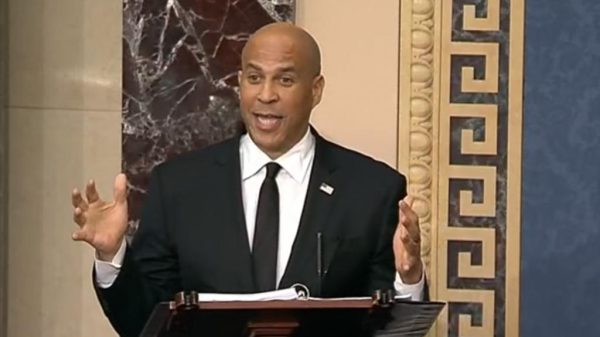Inflation is an economic phenomenon characterized by a sustained increase in the general price level of goods and services over time.

Stressing on how to navigate the impact of inflation rate for future purposes. (Photo: Forbes)
In navigating the impacts of inflation on retirement planning is the erosion of purchasing power. As prices rise, the value of money decreases, meaning that retirees will need more money to maintain the same standard of living.
To navigate the impacts of inflation effectively, retirees should consider employing strategies that provide a protect against inflation. One such strategy is diversification. By diversifying their investment portfolio across various asset classes, such as stocks, bonds, real estate, and commodities, retirees can potentially benefit from the performance of different sectors and industries, which may help offset the negative impact of inflation on specific assets.
READ ALSO: How to Handle Inflation so You Don’t Run Out of Money During Retirement
Regular reassessment and adjustment of retirement plans are also essential to navigate the impacts of inflation effectively. As inflation rates fluctuate, retirees should review their retirement strategies periodically and make necessary adjustments to ensure they remain on track to meet their financial goals.
In navigating the impacts of inflation is crucial in retirement planning. Through accounting for inflation and employing appropriate investment and savings strategies, retirees can better protect their purchasing power and ensure a financially secure retirement.
READ ALSO: Tax Deductions for Independent Living Community Residents








































